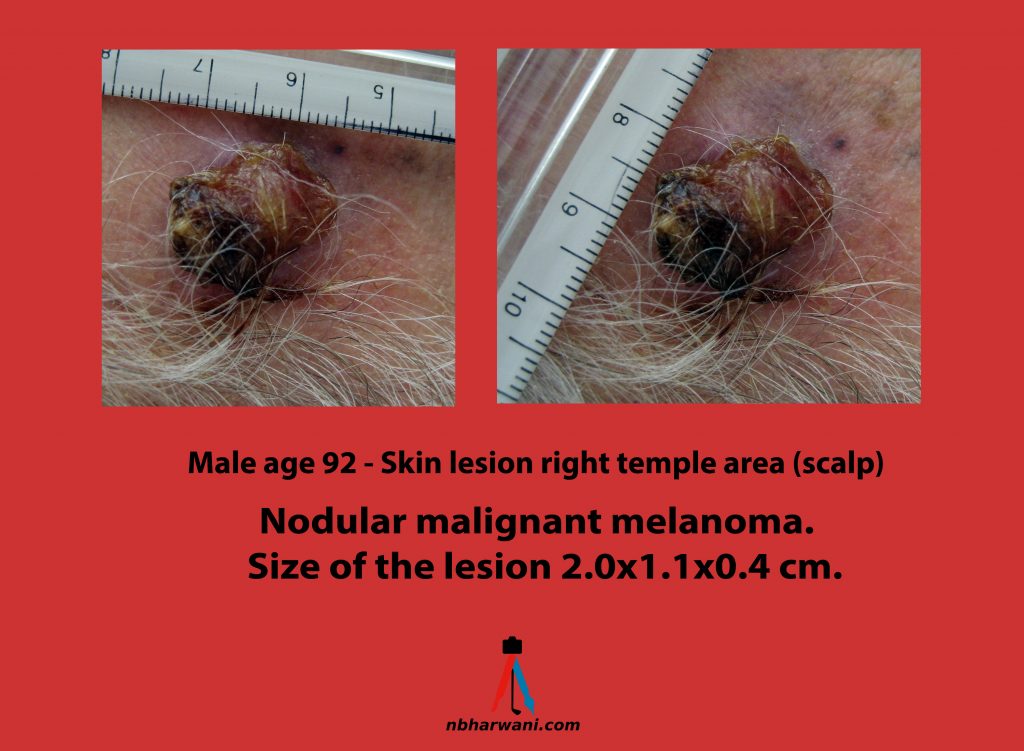COVID-19 affects different people in different ways. Most infected people (80 per cent) will develop mild to moderate illness and recover in a week or so without hospitalization. In some cases, it can take up to 14 days to recover.
About 20 per cent will have serious symptoms requiring hospitalization. These patients quite often have uncontrolled comorbidities like atrial fibrillation, heart failure, diabetes and obesity. The serious symptoms are:
- difficulty breathing
- chest pain
- loss of speech or movement
If you have these symptoms, call 911 right away.
The lifetime risk of atrial fibrillation in North America is as high as one in four. Under non-COVID-19 circumstances, the risk of complications for uncontrolled atrial fibrillation can be serious.
Untreated atrial fibrillation puts you at a higher risk for stroke and heart failure.
The risk of stroke depends on several other risk factors including the presence of heart failure, having high blood pressure or diabetes, being over 40 years of age, or having had a previous stroke or a mini-stroke (TIA).
If you have atrial fibrillation then you need to change your lifestyle. A recent article in the Canadian Medical Association Journal (CMAJ November 16, 2020) says, “Weight loss, achieved and sustained through diet and exercise, is associated with fewer atrial fibrillation recurrence.”
Second thing you should remember is recreational exercise confers protective benefits in atrial fibrillation. A useful goal is to progressively increase your exercise to 200 min/week (about 30 min/da) at moderate intensity.
Many public health experts have come to believe, a reasonably effective vaccine will help us reach some degree of herd immunity, and treatments and therapies will continue to reduce suffering, but the virus will likely continue to circulate.
I came across another article titled, “Addressing Atrial Fibrillation in the World of COVID-19” (Diagnostic and Interventional Cardiology (DAIC) – January 27, 2021).
It says, “And for those who are vulnerable, it (COVID-19) will likely continue to be a grave danger… So, while it can be soothing to think of a world without COVID, we have to prepare and act now as though it will never go away. And this is especially important for those with or at-risk of atrial fibrillation (AFib).” These individuals are at far greater risk of a catastrophic COVID outcome.
Prevention is better than cure.
Avoid getting into trouble by washing your hands frequently. Wear a mask in public. Even when you are wearing a mask, maintain plenty of space from other people. And avoid gatherings.
Have your blood pressure and blood sugar checked regularly.
Hypertension is not just a cause of AFib for many people — it is also linked to increased risk of mortality in patients with COVID, and may be the most prevalent comorbidity in patients hospitalized for the disease.
The second-most prevalent COVID comorbidity is diabetes, which is found in 24 per cent of people hospitalized with COVID and in 32 per cent of those that ultimately required treatment in an ICU. Your risk of getting very sick from COVID-19 is likely to be lower if your diabetes is well-managed.
Be safe. Follow the guidelines for a healthy living. Hopefully, we will get vaccinated soon and live a new kind of normal healthy life.
Start reading the preview of my book A Doctor's Journey for free on Amazon. Available on Kindle for $2.99!



